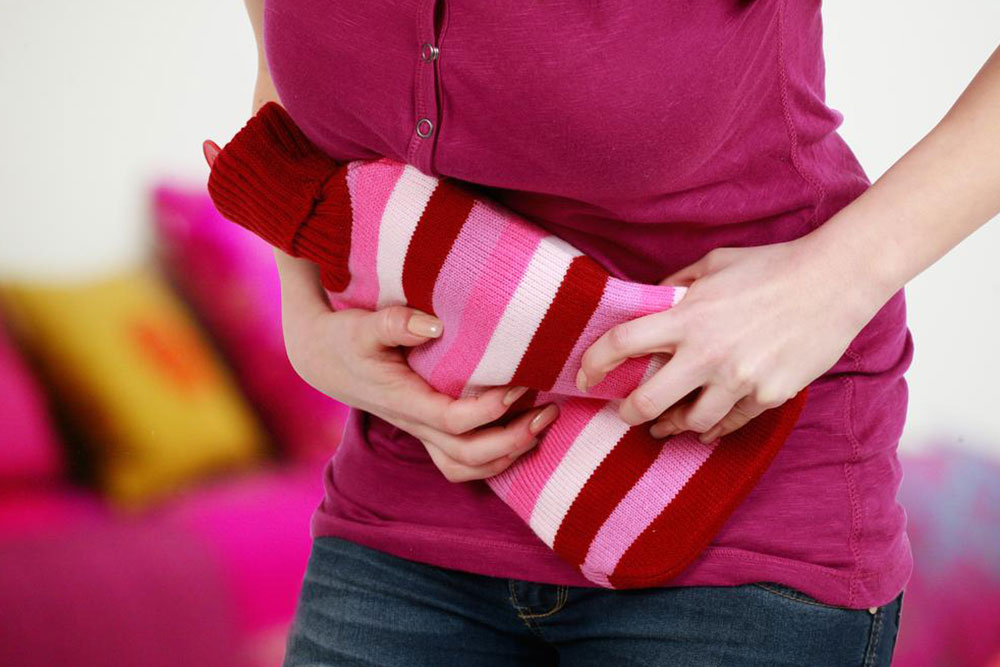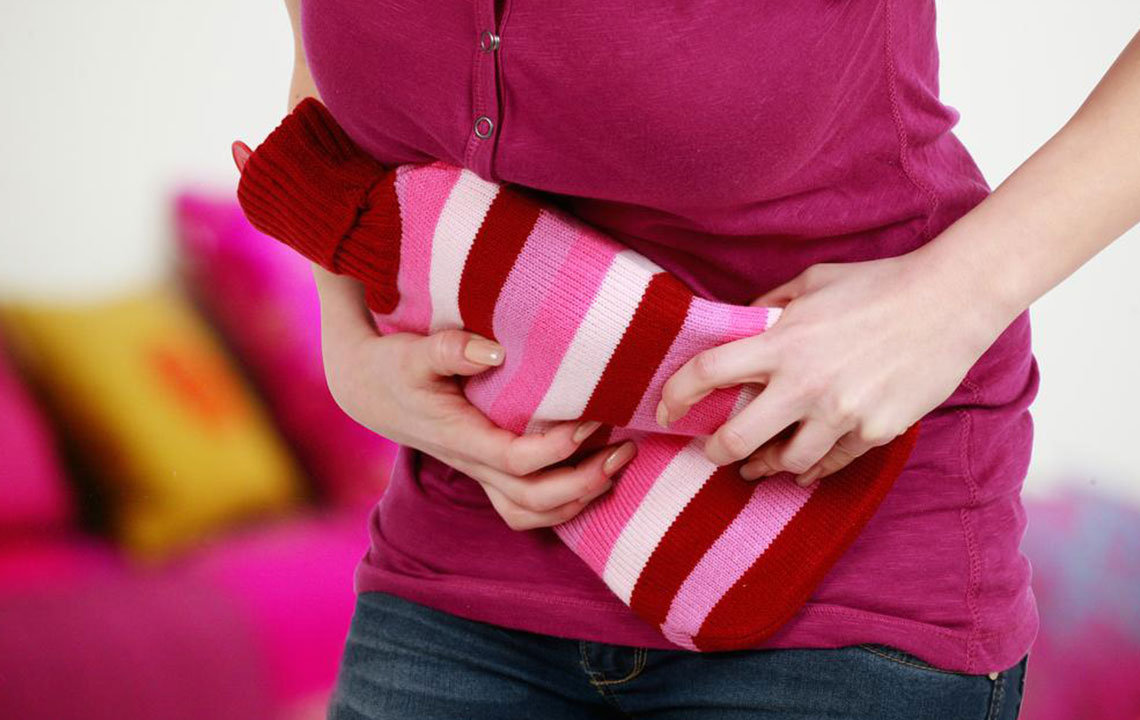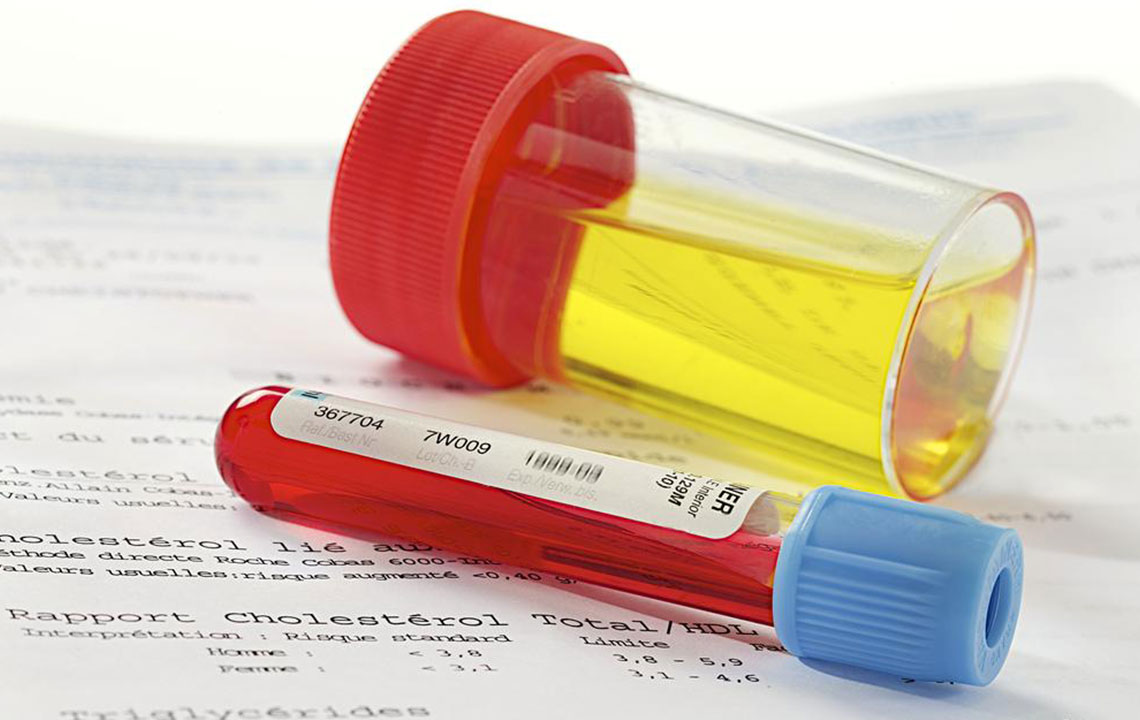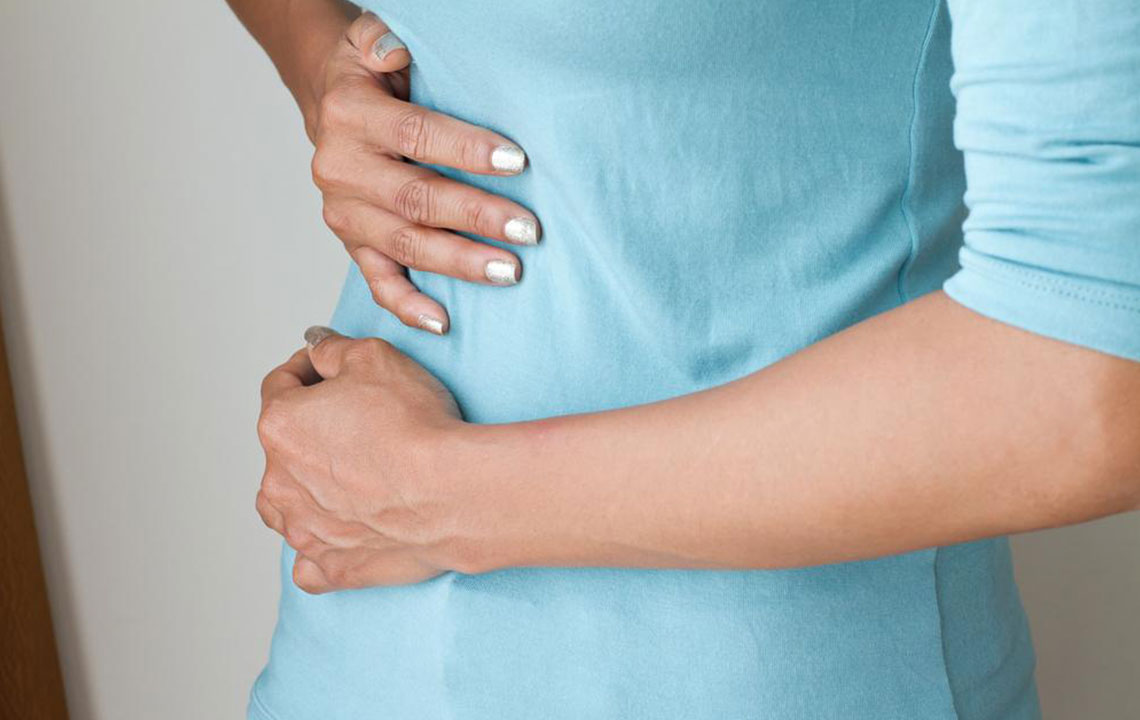Effective Approaches to Healing and Managing Urinary Tract Infections
Discover comprehensive strategies for treating and preventing urinary tract infections. Learn about causes, symptoms, medical treatments, effective home remedies, and preventive tips to ensure a swift recovery and reduce recurrence risks. This detailed guide emphasizes the importance of professional healthcare advice alongside lifestyle changes for optimal urinary health.

Effective Approaches to Healing and Managing Urinary Tract Infections
Experiencing a urinary tract infection (UTI) can be uncomfortable and concerning, but it's a common health issue that many people face at some point. Fortunately, with the right knowledge, treatment methods, and lifestyle adjustments, recovering from UTIs can be straightforward and effective. While home remedies and self-care strategies can alleviate symptoms and support recovery, consulting a healthcare professional is essential for accurate diagnosis and personalized treatment plans. Understanding the causes, symptoms, and preventive measures related to UTIs can significantly enhance recovery efforts and prevent future infections.
UTIs are caused by bacterial infections that invade parts of the urinary system, including the urethra, bladder, kidneys, and ureters. These infections result from the presence of harmful bacteria in the urinary tract that multiply and cause discomfort, sometimes leading to more severe complications if left untreated. The most common bacteria responsible for UTIs is Escherichia coli (E. coli), which naturally resides in the intestines but can cause infections when it enters the urinary tract. It’s important to note that UTIs are not contagious, meaning they do not spread from person to person through casual contact.
Understanding the Causes of UTIs
Several factors contribute to the development of urinary tract infections. Recognizing these causes can help in adopting preventive measures:
Bacteria entering the urinary tract during sexual activity, especially if hygiene practices are insufficient or if bacteria are introduced during intercourse.
Using unhygienic bathrooms or poor sanitation practices that facilitate bacterial growth and entry.
Presence of kidney stones that block or irritate the urinary pathways, creating an environment conducive to bacterial growth.
Weakened immune systems, such as in diabetics, which reduce the body's ability to fight off infections.
Medical interventions like indwelling catheters, chemotherapy, or other invasive procedures that compromise the urinary tract's natural defenses.
Additional risk factors include holding urine for extended periods, which allows bacteria to multiply, spinal injuries, structural abnormalities within the urinary system, and neurological conditions like Parkinson's disease that impair bladder function. Women are particularly susceptible to UTIs due to the shorter length of their urethra and its proximity to the rectum, providing easier access for bacteria.
Recognizing the Symptoms of a UTI
Prompt recognition of UTI symptoms is essential for early treatment, preventing complications and accelerating recovery. Common symptoms include:
Pain or a burning sensation during urination, often one of the earliest signs.
Sudden urges to urinate frequently, even if little urine is produced.
Feeling that the bladder is not completely empty after urination.
Foul-smelling, cloudy, or discolored urine indicative of infection.
Pelvic discomfort or pressure, which varies in intensity.
Pain during sexual intercourse, which can be a symptom of bladder or urethral infection.
In some cases, fever, chills, fatigue, or malaise signal that the infection may have spread to the kidneys, requiring urgent medical attention.
Recognizing these symptoms early allows for timely medical intervention, reducing the risk of complications such as kidney damage or recurrent infections.
Standard Medical Treatments for UTIs
The primary treatment for UTIs involves prescribing antibiotics to eradicate the bacterial infection. The choice of antibiotic and duration of treatment depend on the severity of the infection and the patient's overall health. Typically, a healthcare professional will determine the most suitable medication, and it’s crucial to complete the full course to prevent antibiotic resistance and ensure complete eradication of bacteria.
Alongside antibiotic therapy, healthcare providers may recommend symptom relief strategies, including pain relievers and hydration guidance. If the infection involves the kidneys or persists despite initial treatment, more aggressive therapies or additional diagnostic tests may be necessary.
Home remedies and lifestyle modifications can support medical treatment and enhance recovery, but they should never replace professional medical advice. Here are some effective home remedies and lifestyle tips:
Hydration: Drinking copious amounts of water helps wash out bacteria from the urinary system. It dilutes urine, reducing irritation and facilitating bacterial elimination. Patients with kidney issues should consult their healthcare provider before increasing fluid intake.
Warm Compress: Applying a warm heating pad or compress to the lower abdomen can provide temporary pain relief. It relaxes muscles and reduces discomfort but does not treat the infection itself. Use heat carefully to avoid burns.
Dietary Adjustments: Avoid dietary triggers such as spicy, caffeinated, fizzy, or alcoholic foods that can irritate the bladder. Emphasize nutrient-rich, high-fiber foods, including fruits, vegetables, and whole grains, which can support immune function and overall health.
Frequent Urination: Urinate regularly, ideally every few hours, to flush bacteria out of the urinary tract. Support this habit with increased fluid intake but avoid holding urine for prolonged periods.
Hygiene and Clothing: Wear loose, breathable clothing and cotton underwear to keep the genital area dry and prevent bacterial growth. Good hygiene practices, including wiping from front to back after bowel movements, help minimize bacterial transfer from the rectum to the urethra.
While home remedies can alleviate discomfort and promote recovery, they are supplementary to medical treatment. Seeking professional healthcare advice ensures appropriate diagnosis, effective antibiotics, and personalized care, especially in recurrent or complicated cases.
Prevention strategies are also vital to reduce UTI risk. These include maintaining good personal hygiene, staying well-hydrated, urinating after sexual activity, avoiding irritating products like douches or powders, and managing underlying health issues such as diabetes effectively. Regular medical checkups can also help catch and treat urinary issues early.
In conclusion, with proper treatment, lifestyle modifications, and preventive strategies, recovery from UTIs is achievable. Recognizing symptoms early and seeking prompt medical attention can prevent complications and promote faster healing, improving quality of life.





